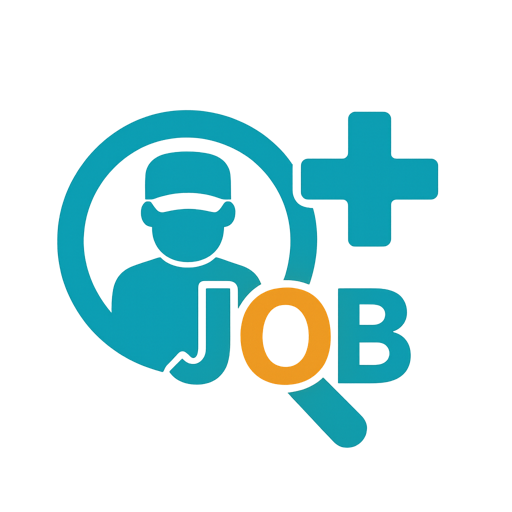Are you a graduate of a European Union (or EEA) country and want to practice in France? Here is the official, clear, and actionable roadmap to secure your establishment and get started quickly.
Every year, France attracts many healthcare professionals from the European Union. Dentists, doctors, nurses, and pharmacists: there are numerous opportunities throughout the country. But before you can practice, certain administrative procedures are essential. Jobylis guides you step by step.
Quick checklist : Diploma & documents → Recognition (Directive 2005/36/EC) → Registration with the relevant Order → RPPS number & CPS card → Professional liability insurance (RCP) → Language (B2/C1) → Contract & onboarding.
1 Check your diploma recognition
Diplomas obtained in the EU/EEA (and Switzerland) fall under Directive 2005/36/EC:
- EU/EEA and Swiss diplomas benefit from the principle of automatic recognition.
- Professions covered: doctors, dental surgeons, pharmacists, midwives, nurses responsible for general care.
- If your diploma is not listed, you must request an individual authorization to practise from the Ministry of Health (CAE procedure).
2 Registration with the Professional Order
Registration with the relevant Order is mandatory to practise:
- Doctors (General Practitioners, Ophthalmologists, Allergists …) → National Council of the Order of Doctors
- Dental Surgeons → National Order of Dental Surgeons
- Nurses → National Order of Nurses
- Pharmacists → National Order of Pharmacists
Documents usually required:
- Diploma (certified translation if necessary)
- Identity and proof of nationality
- European certificate of conformity (issued by the country of origin)
- Recent criminal record extract
- Proof of French language proficiency
3 Practice Authorization
- Diploma automatically recognized → validation via the Order, without any additional steps.
- Diploma outside the directive → examination by the Practice Authorization Commission, with possible adaptation courses or aptitude tests.
4 Administrative formalities after registration
- Obtain your RPPS number (national healthcare professional registry)
- Apply for your CPS card (Healthcare Professional Card)
- Suscribe to professional liability insurance (RCP)
- Depending on your status: declare to URSSAF and your pension fund (CARMF for doctors, CARCDSF for dentists, etc.)
- Register with the Regional Health Agency (ARS) if required for certain statuses
5 Language proficiency & onboarding
A B2/C1 level in medical French is generally expected. Health centres often support with integration (terminology, protocols, software, team coordination).
Special cases:
- Adaptation periods / aptitude tests: if training is not fully equivalent
- Non-EU practitioners: must sit the Knowledge Verification Exams (EVC) and follow the specific PAE procedure.
6 Why choose France?
- Strong demand in medical and dental sectors
- Attractive, modern health centers
- Opportunities for salaried or private practice
- Extensive health networks offering key positions throughout France
7 Contract & onboarding
Before signing, check:
- Status (employee/self-employed), probation period, term/addenda
- Remuneration (fixed/variable), bonuses, training, advancement
- Organisation (working hours, equipment, admin support, interdisciplinary setup)
Useful resources: Professional Orders’ websites, service-public.fr, assurance-maladie.fr, regional ARS.
